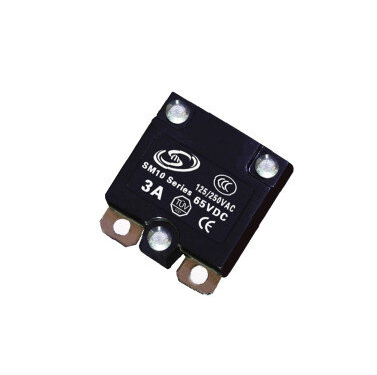The Versatile World of Vulcanizing Tape
Vulcanizing tape, often referred to as self-vulcanizing tape or rubber tape, is a specialized adhesive tape that plays a critical role in various applications, particularly in sealing, insulating, and repairing electrical components. This unique tape is designed to bond to itself when stretched and applied under tension, creating a robust, water-resistant, and weatherproof seal. Understanding the properties and uses of vulcanizing tape can help individuals and professionals alike leverage its benefits effectively.
Properties and Composition
Vulcanizing tape is made primarily from a type of EPDM (ethylene propylene diene monomer) rubber, which possesses exceptional heat and weather resistance. The unique chemical composition of this tape enables it to withstand extreme temperatures, harsh weather conditions, and even chemical exposure. This durability makes it ideal for outdoor applications or environments where reliability is paramount.
One of the defining characteristics of vulcanizing tape is its self-fusing nature. When stretched and wrapped around a surface, the tape generates heat through friction, facilitating a process known as vulcanization. This process causes the rubber molecules to link together, forming a solid, waterproof bond that can withstand moisture and electrical currents. The result is a seal that does not rely on adhesives but rather on the tape's own material properties.
Applications
Vulcanizing tape is utilized in a range of industries, including electrical, plumbing, automotive, and aerospace. In electrical applications, it provides excellent insulation for wires and connectors. By wrapping exposed wires with vulcanizing tape, technicians can prevent short circuits and protect against moisture ingress, which could cause electrical failures.
In plumbing, vulcanizing tape is often employed to seal leaks in pipes and hoses
. Its ability to create a watertight bond ensures that small leaks can be managed effectively without the need for extensive repairs. This capability is particularly valuable in emergency situations where immediate action is required to avert further damage.vulcanizing tape

Automotive applications also benefit from vulcanizing tape. It can be used to cover frayed wires, protect fuel lines, and secure electrical connections. The tape's resistance to extreme heat and chemicals makes it particularly suitable for use in engine compartments and other high-stress areas.
In the aerospace sector, light-weight and high-strength materials are essential. Vulcanizing tape’s low weight and high durability make it a popular choice for repairs and maintenance on aircraft, enhancing safety and reliability without adding unnecessary weight.
Benefits
The advantages of vulcanizing tape extend beyond its versatility. Its ease of use is a significant factor that makes it appealing to both professional tradespeople and DIY enthusiasts. The tape can be cut to length easily and applied without the need for additional tools or adhesives, making it accessible for quick repairs.
Another benefit is its longevity. When applied correctly, vulcanizing tape can last for years, making it an economically sound choice for repairs and maintenance. Its ability to resist UV rays, extreme temperatures, and moisture further extends its lifespan, ensuring that repairs remain intact over time.
Conclusion
In conclusion, vulcanizing tape is a powerful tool that fulfills a myriad of functions in various industries. Its unique properties, including self-fusing capabilities, weather resistance, and ease of application, make it a vital resource for both professionals and hobbyists. As technology and materials continue to advance, the applications and effectiveness of vulcanizing tape will likely expand, solidifying its place as an indispensable component in repair and maintenance solutions. Whether for electrical insulation, plumbing repairs, or automotive applications, vulcanizing tape proves to be a reliable ally in tackling everyday challenges.
-
XIANGFAN Rubber Tape-Ultimate Solutions for All Your Insulation NeedsNewsJun.24,2025
-
XIANGFAN Rubber Tape-Protection for Industrial and Residential ApplicationsNewsJun.24,2025
-
XIANGFAN Rubber Tape: Superior Safety and Sealing for Demanding EnvironmentsNewsJun.24,2025
-
XIANGFAN Rubber Tape: Reliable Solutions for Every Electrical ChallengeNewsJun.24,2025
-
XIANGFAN Electrical & Industrial Tape: Powering Reliability Across IndustriesNewsJun.24,2025
-
XIANGFAN Electrical & Industrial Tape: Excellence in Every ApplicationNewsJun.24,2025
